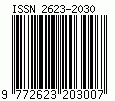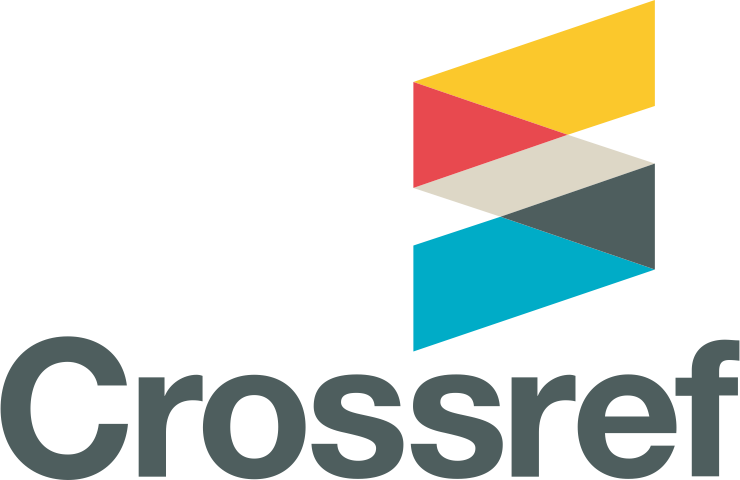PELAKSANAAN BUNKER MT CROWN FORTUNE DI PERAIRAN SINGAPORE
DOI:
https://doi.org/10.33556/jstm.v25i1.413Abstract
Sea transportation is currently developing very rapidly, ships as a means of sea transportation play an important role in smooth, safe and appropriate transportation Ships carrying liquid cargo are generally referred to as tankers, several types of tanker cargo are premium, diesel, Pertamax, aftermarket kerosene, fuel oil, gas oil. For this reason, handling cargo on tankers really requires expertise, accuracy and good cooperation from the entire ship's crew. Method is descriptive and qualitative, researcher use observation, interview as well documentation (triangulation) in data collection. Researcher collect data at once test data validity with do interview with sources, method This used for analyze causative factors can’t be optimal security payload containers The results of this research are the implementation of MT Crown
Fortune Bunker in Singapore waters which aims to avoid incidents during the implementation of Bunker in Singapore waters. The implementation of Bunker on the MT Crown Fortune ship has several obstacles, including a lack of understanding by the crew regarding the procedures for carrying out Bunker, a lack of coordination between crew members before the Bunker begins, a lack of communication between the
crew members of the MT Crown Fortune and the crew members of the ship that is being bunkered. Handling incident prevention during Bunker is by familiarizing yourself with Bunker procedures and holding a safety meeting before carrying out Bunker.
References
Rijali. (2018). Analisis Data Kualitatif. UIN Antasari Banjarmasin.
IMO. (2010). International Safety Guide Of Oil Tanker And Terminal (Isgott) Code.
London: International Maritime Organization (IMO) Publishing.
KBBI (2023). Pelaksanaan. Badan Pengembangan dan Pembinaan Bahasa,
Kementerian Pendidikan,
Kebudayaan, Riset, dan Teknologi Republik Indonesia.
Kaharuddin, Andi. (2020). Pembelajaran Inovatif & Variatif. Gowa: Pusaka Almaida.
Makbul, M. (2021). Metode Pengumpulan Data dan Instrumen Penelitian. Makalah.
Universitas Islam Negeri Alauddin Makassar.
Mekarisce, Arnild Augina. (2020). Teknik Pemeriksaan Keabsahan Data pada
Penelitian Kualitatif di Bidang Kesehatan Masyarakat. Jurnal Ilmiah Kesehatan
Masyarakat, 12(3).
Monica Nurdiana. (2020). Analisis Prosedur Bongkar Muat. Kalimantan: Universitas
Islam Kalimantan. Rusdiana dan Zaqiah. (2022:76). Landasan Teori. Jakarta:
Politeknik Negeri Jakarta.
Rifka R.N. (2017). Step by Step Lancar Membuat SOP. Depok: Huta Publisher.
Sugiyono. (2022). Metode Penelitian Kuantitatif, Kualitatif dan R&D. Bandung:
Alfabeta. Sugiyono. (2022). Metode Penelitian Kombinasi (Mixed Methods).
Bandung: CV Alfabeta. Wiestra. (2014). Pelaksanaan Kegiatan. Jakarta: PT.
Gramedia.
Downloads
Published
Issue
Section
License
Authors who publish with this journal agree to the following terms:Authors retain copyright and grant the journal right of first publication with the work simultaneously licensed under a Creative Commons Attribution License that allows others to share the work with an acknowledgement of the work's authorship and initial publication in this journal.
Authors are able to enter into separate, additional contractual arrangements for the non-exclusive distribution of the journal's published version of the work (e.g., post it to an institutional repository or publish it in a book), with an acknowledgement of its initial publication in this journal.
Authors are permitted and encouraged to post their work online (e.g., in institutional repositories or on their website) prior to and during the submission process, as it can lead to productive exchanges, as well as earlier and greater citation of published work (See The Effect of Open Access).







